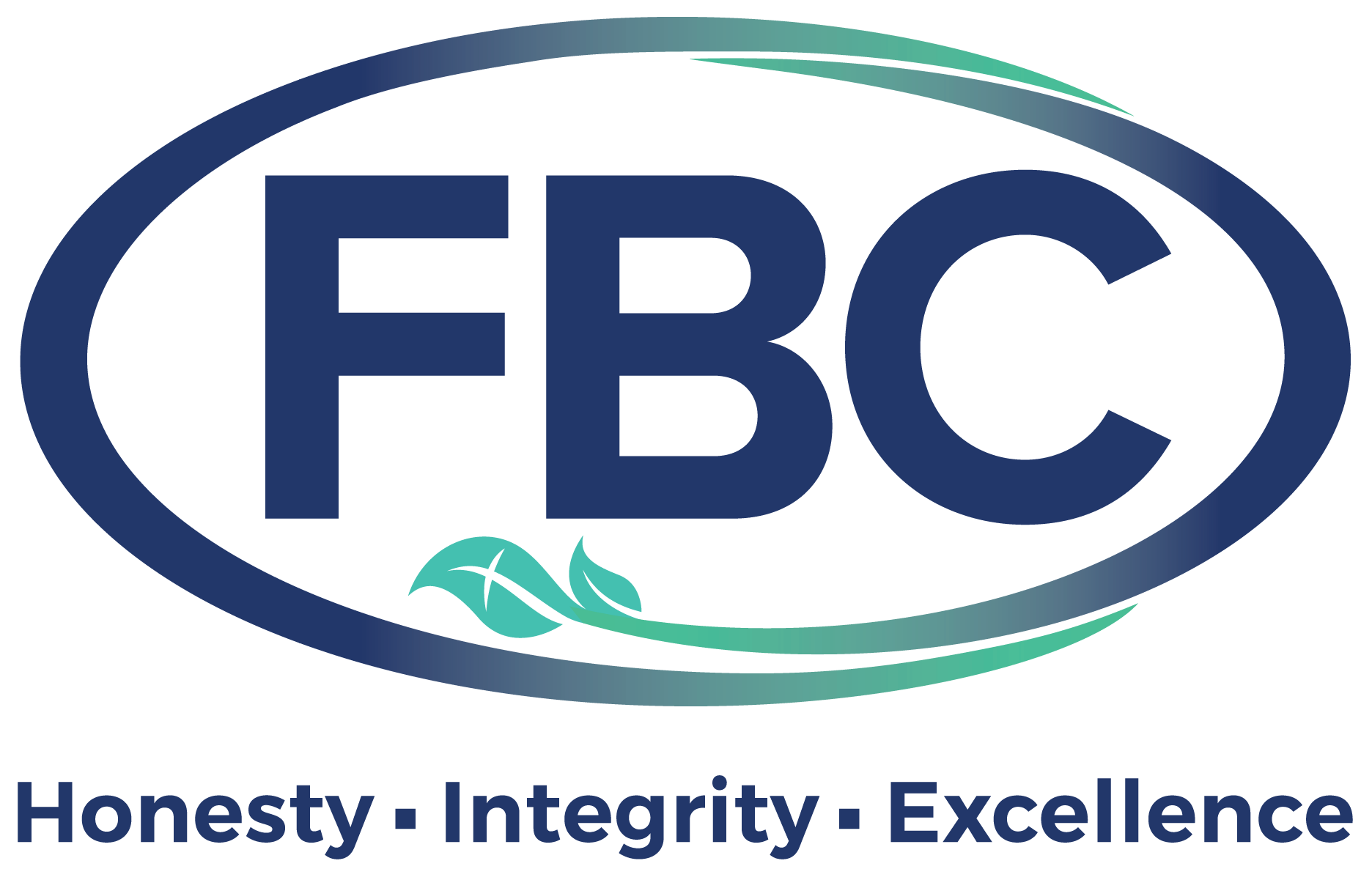As an HR leader, navigating the complex landscape of healthcare benefits can often feel like solving a puzzle without all the pieces. One of the biggest challenges you face is ensuring that your employees have access to affordable medications and clear pricing structures. That’s why the introduction of the PBM Bill is such a game-changer for both workers and HR leaders alike.
Understanding Pharmacy Benefit Managers (PBMs)
Pharmacy Benefit Managers, or PBMs, play a crucial role in the healthcare system. They act as middlemen between pharmacies, drug manufacturers, and insurance companies, negotiating drug prices and managing employee prescription benefits. However, the lack of transparency in their operations has often left you and your employees in the dark about how drug pricing is determined.
PBMs have the power to influence which medications are covered by insurance plans, how much patients pay out of pocket, and even which pharmacies they can use. This lack of transparency can lead to confusion and frustration for you and your employees trying to navigate their healthcare options.
The Impact of the PBM Bill on Workers
The PBM Bill aims to change that by requiring PBMs to provide clear pricing information to consumers. The bill would only allow PBMs to charge a flat service fee. The fee would be separated from the drug list prices. It would also ban the practice of charging insurers more than the pharmacies are paid and steering patients only to pharmacies they are affiliated with.
This means that you and your employees will now have access to information about how much their medications cost, what alternatives are available, and how much they can expect to pay out of pocket.
For you and your employees, this newfound transparency would be empowering. No longer will they have to navigate a maze of confusing pricing structures and hidden fees. Instead, they can make informed decisions about their healthcare options, choosing the medications and pharmacies that best fit their needs and budget.
Implementation and Adoption of PBM Reforms
PBMs, however, argue that if their pay isn’t connected to drug prices, they won’t have as much reason to lower costs for consumers. They claim that, since their pay wouldn’t be linked to their ability to lower prices, it would make it harder for them to bargain with drug makers and pharmacies.
Implementing PBM reforms within your organization may present some challenges, but the benefits far outweigh the costs. By prioritizing transparency and fair pricing in your healthcare benefits, you can improve employee satisfaction, reduce healthcare costs, and promote a healthier workforce.
Communicating these changes to your employees is key. As leaders you should strive to educate your workforce about the benefits of the PBM Bill and how it might affect them personally.
The Role of HR Leaders in Navigating PBM Changes
As an HR leader, you play a crucial role in helping your employees understand and navigate any changes. The PBM Bill gives you the opportunity to negotiate fairer contracts and pricing structures with PBMs, ensuring that your employees have access to affordable medications and transparent pricing information.
You can also take proactive steps to educate your employees about the benefits of the PBM Bill and how it could affect their healthcare options. By providing clear and accessible information about drug pricing and coverage options, you can help your employees make informed decisions about their healthcare.
Future Outlook and Conclusion
The introduction of the PBM Bill marks a significant step in our country’s efforts to improve transparency and affordability in healthcare. By empowering workers with clear pricing information and giving HR leaders the tools they need to negotiate fairer contracts, we can create a healthcare system that works for everyone.
As HR leaders, it is our responsibility to advocate for the needs of our employees and ensure that they have access to the healthcare benefits they deserve.
At FBC, we embrace the principles of transparency and fairness. Together, we can help transform the way healthcare is delivered in this country, one prescription at a time.

